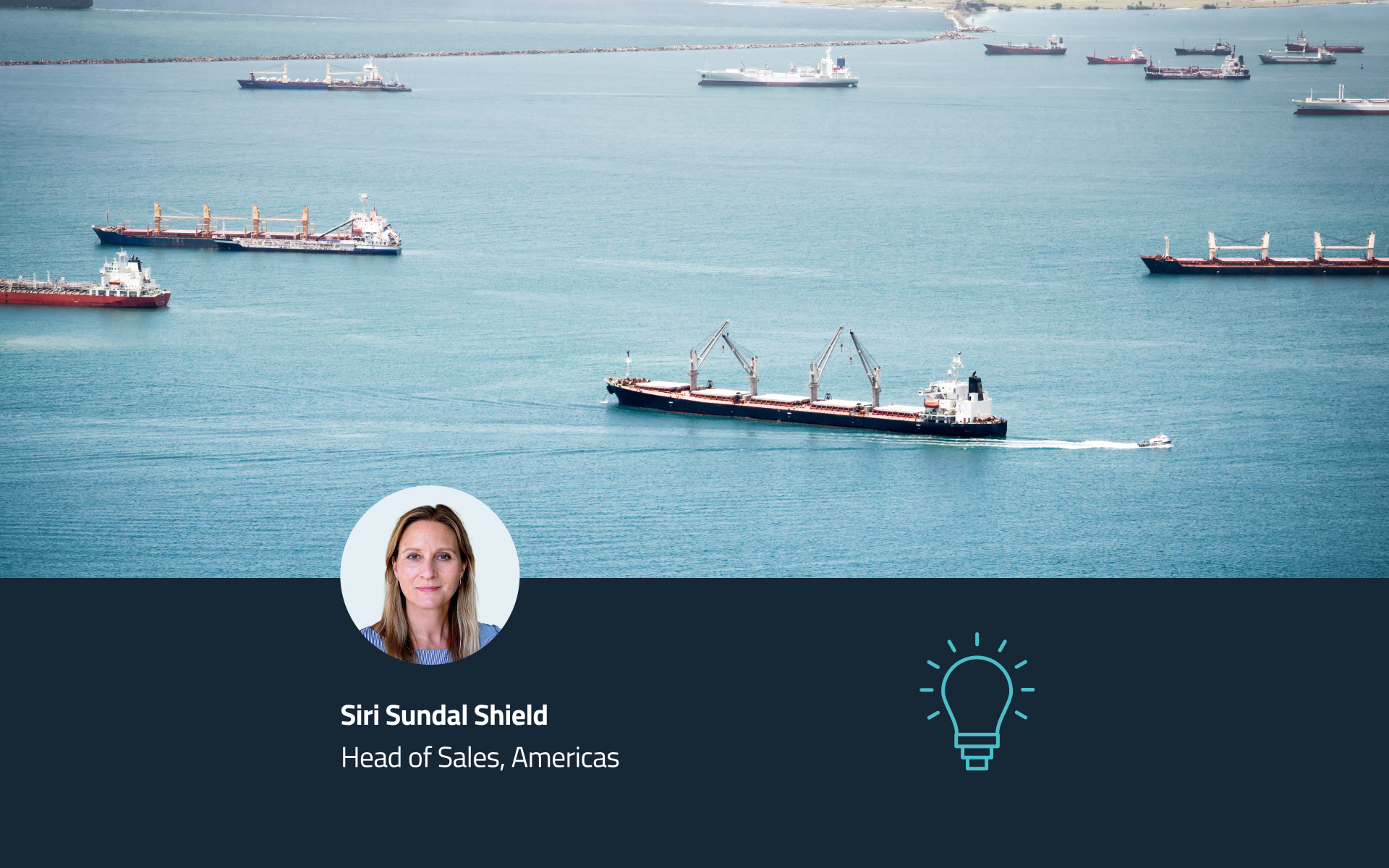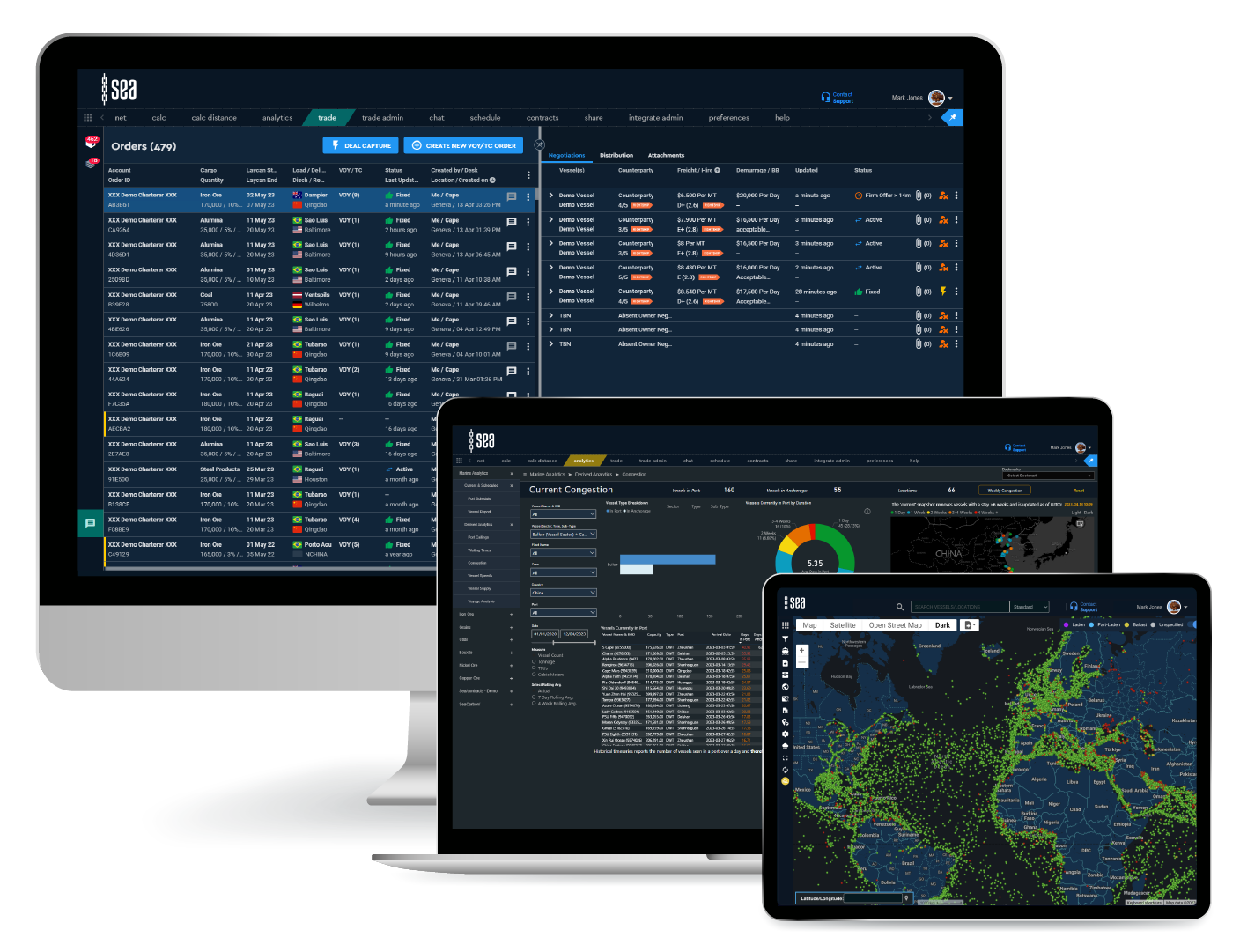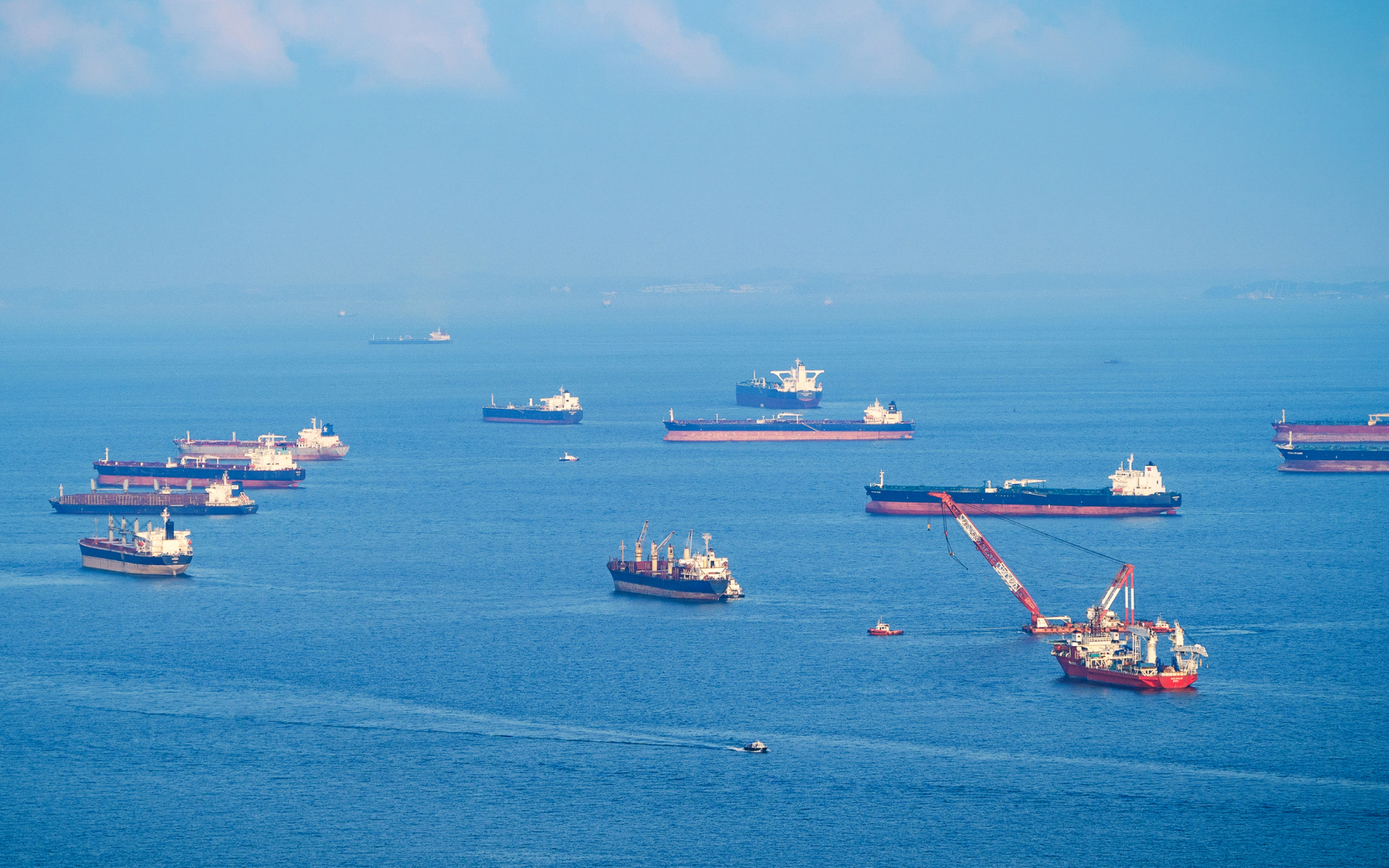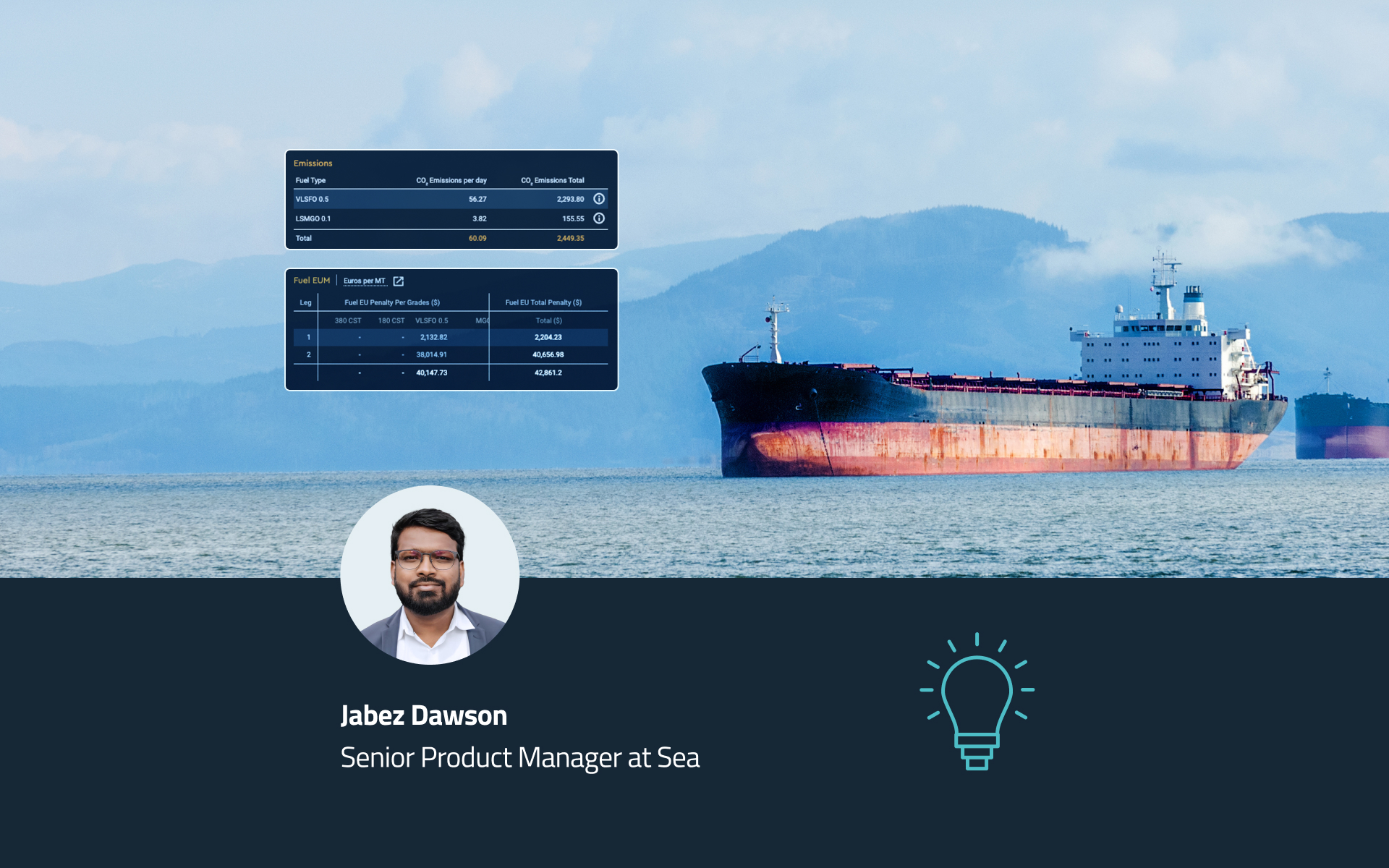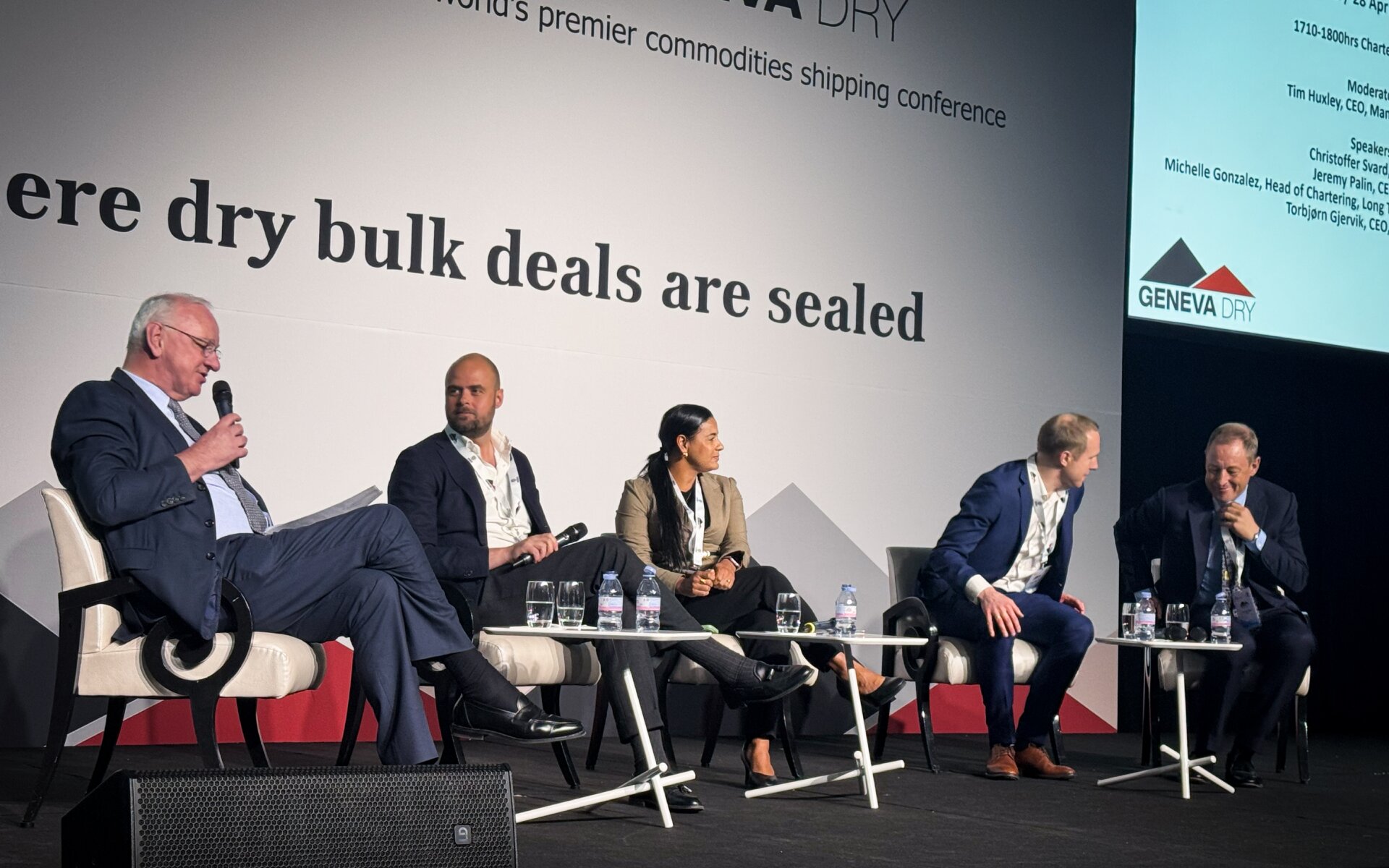Siri Sundal Shield, Head of Sales for the Americas at Sea, sheds light on the key trends influencing shipping digitalisation in the region. She addresses the challenges that companies encounter, including heightened competition, a multitude of digital applications, and stricter compliance requirements, making a case for enhanced operational efficiency in chartering processes across the marketplace.
The maritime industry in the Americas is operating against a backdrop of economic uncertainties and navigating a period of change, with shifting policies and evolving regulations shaping the landscape. Despite this, businesses remain focused on tackling challenges such as digital fragmentation, compliance requirements, and the need for greater efficiency and integration. As the industry continues to digitalise, the demand for more streamlined operations—both regionally and internationally—has never been more pressing, as industry players worry about falling behind the competition.
Fragmentation and the integration challenge
A significant hurdle is the number of digital systems that charterers and owners are grappling with day-to-day. Add to that the various practices that are held across different offices and regions whilst dealing with global customers. Shipping stakeholders operating in multiple jurisdictions often rely on disparate tools and processes, which can lead to inefficiencies, errors, and diminished organisational transparency.
Despite digital advances in the USA, the variety and volume of software applications can result in duplicated efforts, inconsistencies across global operations, and, not least, digital application fatigue in the workforce.
There is a growing demand for streamlined software tools eliminating ‘single-use’ apps. Companies are looking for ways to consolidate operations, enhance communication, reduce data discrepancies, and create more efficient workflows, whilst also minimising human transcription errors and double data entries. Therefore, moving to a unified approach is the right strategy.
Many companies currently use numerous well-established systems that, while individually effective, often create integration challenges when combined with legacy systems and existing infrastructure. The ability to seamlessly integrate and operate new and existing platforms has become a critical factor for businesses across the region.
The evolving role of technology in maritime trade in the Americas
Technological innovation is rapidly growing in the Americas. Across the region, maritime professionals are waking up to the fact that digital solutions are here to stay, and they are increasingly eager to use software developments and AI, for example, agentic AI, to refine their chartering frameworks. There is a strong drive to improve efficiency and embrace new ideas that make workflows more intuitive and collaborative.
This much-coveted openness to change is transforming the market—businesses are actively seeking ways to optimise their processes and harness data to make smarter, more agile decisions in a way that we have not seen before.
There is no doubt the Americas is experiencing an increasing maturity of digital technologies. The region hosts some of the most digitally advanced players in the market, and maritime companies are increasingly recognising the potential of predictive insights, process automation, and AI to enhance business operations.
While these developments are only starting to revolutionise the shipping industry in the same way they have in other sectors, there is growing interest in how they can simplify, improve, and optimise profitability in chartering processes.
The compliance imperative
In the Americas, compliance has an increased focus amid evolving regulatory landscapes. Companies face pressure to maintain transparency and adhere to governance standards. Audit trails are becoming indispensable for tracking changes, documenting processes, and ensuring that decision-making meets industry standards, and are invaluable in the event of a dispute or arbitration.
This heightened focus on compliance is not purely about risk management—it is a proactive measure to build confidence and stakeholder trust and drive sustainable, long-term operations and facilitate corporate learning. As regulatory demands continue to evolve, businesses are compelled to adapt their processes to stay ahead, ensuring that efficiency and compliance go hand in hand.
Looking ahead: Sea’s expanding focus in the Americas
As the maritime market in the Americas continues to evolve, Sea is dedicated to assisting businesses in overcoming these challenges so they can capitalise on the opportunities that lie ahead.
By providing a well-integrated platform that connects freight planning with trading, and centralises recaps and charterparties in one place, teams are ensured efficient negotiation and easy access to up-to-date terms and clauses. This simplifies the chartering process and enhances risk management.
In a rapidly changing industry, businesses in the Americas are always looking for innovative, efficient solutions to stay ahead of the competition. Whether addressing systems overload, improving compliance, or integrating new technologies with existing partners, Sea’s software is designed to let shipping teams navigate these challenges easily, ultimately contributing to their long-term profitability and workflow efficiency, generating insights to trade data, and sustainable success in the marketplace.
To learn more about Sea and how it can support your freight-fixing workflow, please click here.
Share this article
Don’t miss the latest news and insights - subscribe to our newsletter
For press enquiries, please email news@sea.live

